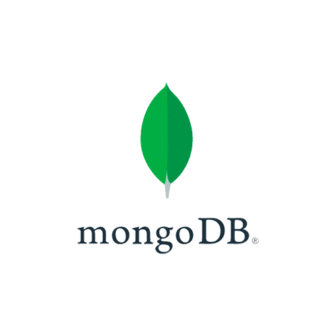What is MongoDB? Know Its Features and Advantages.
What is MongoDB?
MongoDB is a cross-platform, simple document-oriented NoSQL database that provides high performance, high availability and easy scalability. It is used for high volume data storage. It is an open-source product, developed using C++ by Eliot Horowitz and Dwight Merriman in the year 2007, supported by a New York-based company named 10gen.
It is a platform-independent interface which means that it can run on any platform like Windows, Linux, Unix, etc. It was designed to work with community servers. But now its working and usage has spread manifold for companies of all sizes, across all industries.
Nowadays, all the applications that we use, ranging from logging on to your Facebook account to the most utilized applications for netbanking, etc., require Big data to be processed and handled. For such requirements, MongoDB is a suitable environment as the earlier databases are not competent enough to hold huge data. The application areas where MongoDB is widely used are described below:
- Big Data
- Content Management and Delivery
- Mobile and Social Infrastructure
- User Data Management
- Data Hub
Features of MongoDB
The salient features of MongoDB which have made it so popular to use are:
- Document-oriented Storage: Data is stored in the form of JSON style documents.
- MongoDB is easy to scale. Scaling is done from single server deployments to large. It is a highly scalable and performance-oriented database.
- Performance and speed are high as it uses internal memory for storing the working/data set, thus enabling faster access to data.
- High availability as replication can be easily done. MongoDB’s replication facility, called replica set, provides automatic failover and data redundancy.
- Auto-sharing.
- Rich Query Language: MongoDB has a rich query language to support all major read and write (CRUD) operations.
- High Performance: MongoDB provides high performance input/output operations and data persistence.
Advantages of MongoDB
- MongoDB is schemaless and so provides ease of operation.
- MongoDB is flexible enough as number of fields content and size of the document may differ from one to another.
- Structure of an object is clear in MongoDB.
- Unlike SQL, no complex joins are there in MongoDB.
- It is very easy to scale.
- It uses internal memory for storing working sets; that is why it accesses data very fast.
- It is easy to use.
- It is lightweight and, hence, occupies less memory.
- It is much faster than RDBMS (Relational Database Management System).
